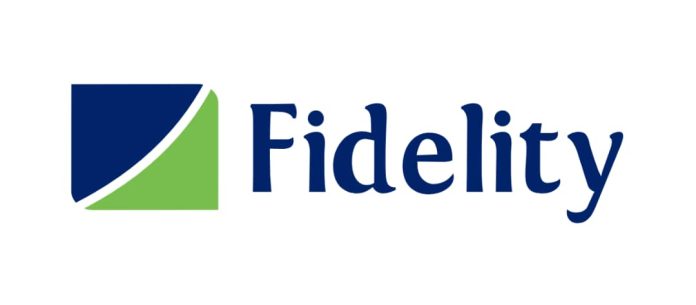Fidelity Bank Plc added N1.63 trillion to its assets base within three months to strengthen its position as one of the seven largest banks in Nigeria, in terms of assets base.
Regulatory filings approved by the Central Bank of Nigeria (CBN), Securities and Exchange Commission (SEC) and the Nigerian Exchange (NGX) showed Fidelity Bank as one of the fastest growing and strongest banks in Nigeria across key parameters with the bank’s total assets rising by N1.63 trillion within the first three months of the year.
The reports showed that Fidelity Bank’s total assets rose from N8.82 trillion by December 31, 2024 to close March 31, 2025 at N10.45 trillion. The total balance sheet underlined the bank’s reputation as one of the most preferred banking brands, with double-digit growth in customers’ deposits.
Fidelity Bank’s customers deposit rose to N6.6 trillion by first quarter 2025 as against N5.94 trillion by December 2024. The growth in customers’ deposit base was driven by double-digit growth in low-cost deposits to N6.1 trillion, representing 92.2 per cent of total customer deposits.
Shareholders’ funds jumped from N897.87 billion in December 2024 to N933.14 billion by March 2025. The increase was mainly driven by the significant improvement in the profitability of the bank.
Investment experts attributed notable positive investors’ sentiment around the bank to its strong assets base and profitability, pointing out that a two-way test of assets and profitability is key measure of sustainability for a financial institution.
In a study on ‘Balance Sheet Strength and Bank Lending During the Global Financial Crisis’, researchers at International Monetary Fund (IMF) examined the role of bank balance sheet strength in the transmission of financial sector shocks to the real economy.
The study found that “banks with strong balance sheets were better able to maintain lending during the crisis.”
According to the study, banks that were more dependent on market funding and had lower structural liquidity reduced the supply of credit more than other banks.
“However, higher and better-quality capital mitigated this effect. Our results suggest that strong bank balance sheets are key for the recovery of credit following crises, and provide support for regulatory proposals under the Basel III framework,” IMF report stated.
Fidelity Bank has remained one of the most attractive stocks at the stock market, outperforming both the average return for the entire market and particularly the banking sector.
Fidelity Bank’s share price opened this week with a year-to-date return of 18.86 per cent, more than a double of the average capital gain in the banking sector and nearly a triple of the market’s overall average capital gain so far this year.
The NGX Banking Index, which tracks the banking stocks, opened this week with average year-to-date return of 8.24 per cent while the All Share Index (ASI)- which tracks all share prices at the NGX, opened with a gain of 6.59 per cent.
Market analysts said Fidelity Bank, which has remained one of the most active stocks at thee stock market, was enjoying strong positive sentiment, from existing shareholders and other investors seeking to take positions in the bank.
A report at the NGX showed that a top director of the bank had earlier this week purchased shares worth more than N366 million, in a strategic positioning that increase the top director’s equity stake in the bank. Fidelity Bank was also the most active stock at the stock market yesterday.
Extant regulations at the Nigerian stock market do not preclude insiders-directors, staff and other people with possible access to sensitive information, from trading in the shares of a company, but such trading must be disclosed to the market and must not be within a regulated period, otherwise known as “closed period” because of its closeness to release of sensitive information.
Fidelity Bank had grown its pre-tax profit by 167.8 per cent to N106 billion in the first three months of this year, setting the bank on a strong growth trajectory for the year.
Interim report and accounts of Fidelity Bank for the first quarter ended March 31, 2025 showed that profit before tax rose from N39.5 billion in first quarter 2024 to N105.8 billion in first quarter 2025. Gross earnings rose by 64.2 per cent to N315.4 billion in first quarter 2025 as against N192.1 billion in corresponding period of 2024.
Growth in interest income was primarily led by 38.6 per cent expansion in earning assets base, while the increase in non -interest revenue came from foreign exchange (forex)-related income, trade and commission on banking services among others.















